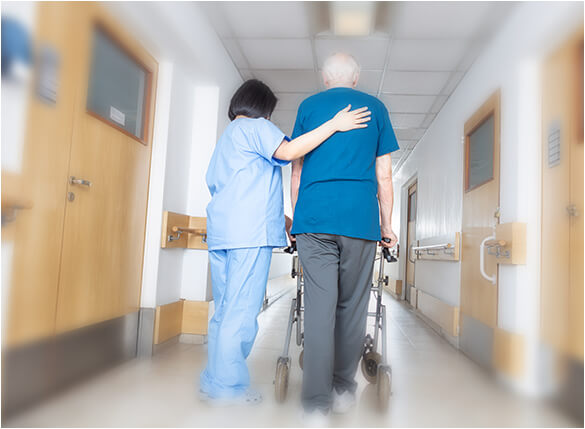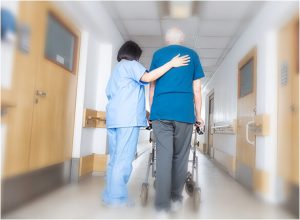Call Us : +1 (626) 798-0558

Understanding Stroke In Seniors

Senior Care
As per the statistics, stroke is the third leading cause of death in the country and can result in long-term disabilities in adults. The good news is that advanced treatment options are available that can help reduce the damage. Nonetheless, it is crucial to recognize the symptoms and get to a hospital as early as possible. As per the experts in memory care and senior care, it is important to get treatment before sixty minutes to prevent disability.
What Is A Stroke?
A stroke can happen when usual blood circulation to the brain is interrupted. With the occurrence of a stroke, brain cells in the immediate vicinity start to die as they stop getting the necessary nutrients and oxygen needed for their proper functioning.
What Causes Stroke?
Stroke can be broadly classified into two different types, ischemic and hemorrhagic stroke. The first type is caused by blood clots that plug an artery or blood vessel in the brain and the second type is caused by breakage of a blood vessel and bleeding into the brain. About twenty percent of strokes fall into the second category.
What Disabilities Can Occur From A Stroke?
Though stroke affects the brain, it can affect the complete body of the patient. The effects of a stroke can range from mild to severe and can include issues with cognition, paralysis, emotional issues, and problems with thinking. Some patients may also experience numbness and pain after a stroke.
Understand The Signs Of A Stroke
Because a stroke can injure the brain, the sufferer may not understand that he/she is having a stroke. To another person, a person having a stroke can look confused or unaware. The victim can have the best chance if someone around them recognizes the symptoms and take the necessary actions quickly.
Signs Of A Stroke
The indications of a stroke can be distinct as they happen quickly. Some of the most common symptoms of a stroke are:
- Weakness or sudden numbness of the arm, face, or leg.
- Trouble speaking or sudden confusion.
- Sudden trouble walking, loss of coordination or balance
A stroke is a medical crisis and every single second counts when your senior loved one is having a stroke. If you think that your senior loved one having a stroke or if he/she loses the ability to move a leg or arm on one side of the body or the ability to speak, or experience facial paralysis, immediately call 911.
